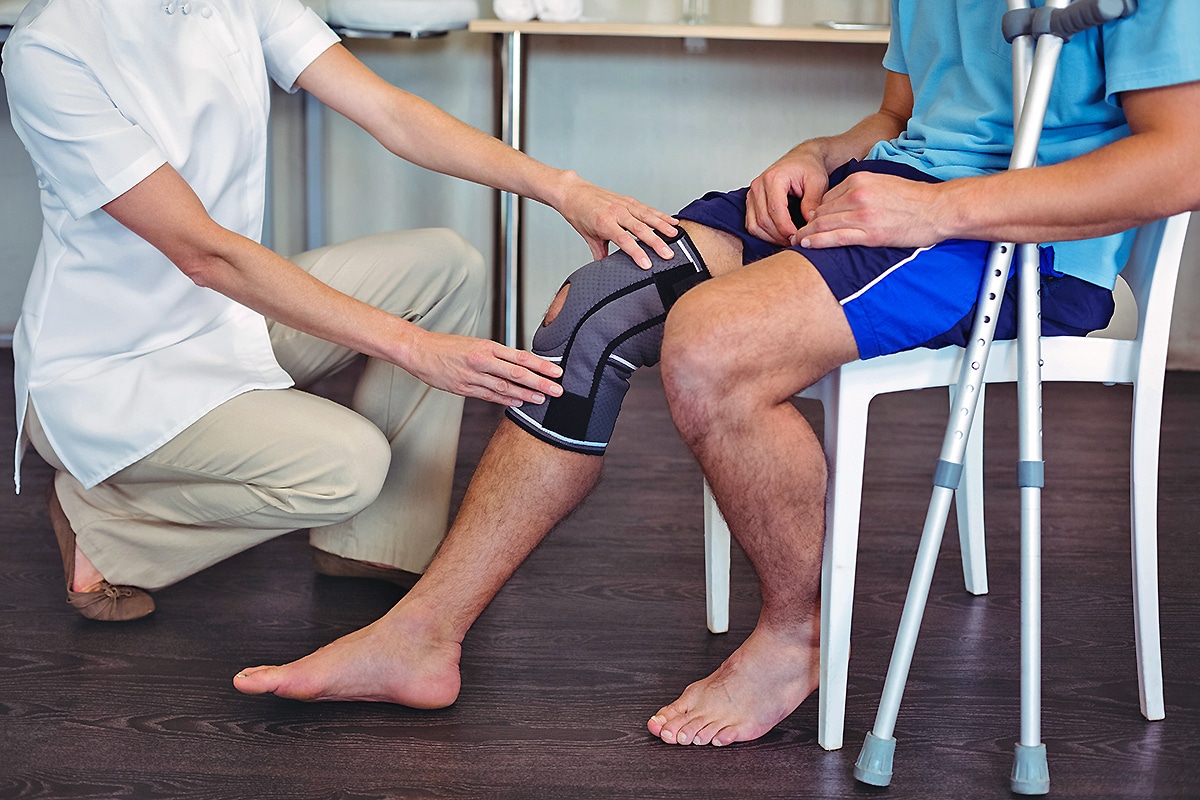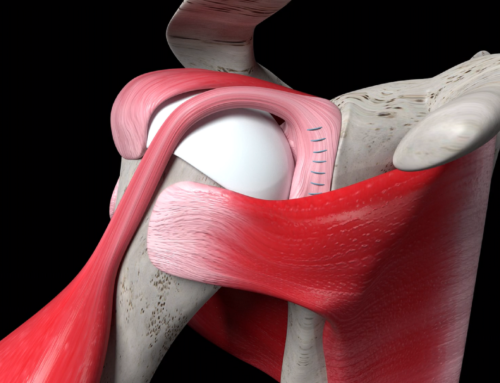Knee pain from a fall can cause knee injuries as minor as a bruise to as severe as a torn knee ligament or a knee fracture. A torn ligament or a knee fracture might even require surgical intervention.
It’s crucial to pay close attention to the location and the severity of the knee pain. Therefore helping determine the type of injury that has occurred. Sometimes medical attention is necessary. This will help determine the severity.
Please note, if your knee pain is causing instability while standing or walking, this is considered a medical emergency.
What Knee Injuries Occur After a Fall?
Below are eight of the most common injuries that occur after a fall, such as:
Knee abrasion
An abrasion occurs when sometimes scrapes (rubs against a rough surface) such as asphalt or cement.
Knee contusion
A knee contusion is a bruise that occurs when you fall on a hard surface.
Knee laceration
A laceration is a puncture wound or cut that causes a tear or a hole in the skin. Laceration injuries most commonly occur from a fall on something sharp, such as a nail.
Sprained knee
A knee sprain is when the ligament is overstretched. So, if you fall hard on your knee or are struck by something heavy or powerful, a knee sprain is typical.
Meniscus tear knee injuries
Your meniscus is a rubbery piece of cartilage. The meniscus is located between the femur and tibia and helps to support and cushion the two bones. A meniscus tear is common, and it usually occurs when making sharp turns in activities such as basketball or football. However, a hard fall can also result in a meniscus tear.
Torn knee tendon
There are two main tendons, the quadriceps tendon, and the patellar tendon. Both injuries occur from a fall on the front of the knee, from missing a step or landing awkwardly. Although both of these tendons can tear, a patellar tendon tear is more common.
Ligament tear knee injuries
There are four main ligaments in the knee. All of them allow for movement of the knee, forward, backward, and side to side. The four ligaments are as follows:
- Anterior cruciate ligament (ACL)
- Posterior cruciate ligament (PCL)
- Medial collateral ligament (MCL)
- Lateral collateral ligament (LCL)
A torn ligament occurs from a high-impact injury, such as a fall, or a blow to the side of the knee.
Dislocated knee
A dislocated knee does not occur very often. However, when a dislocated knee does occur, it is considered an injury that needs immediate medical attention. A dislocated knee occurs after a high-impact injury or a fall from an extreme height.
If you are experiencing a knee injury, call us at 888-409-8006. We have knee specialists located throughout South Florida.







Leave A Comment